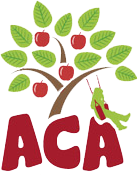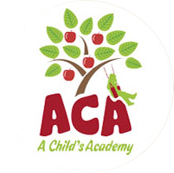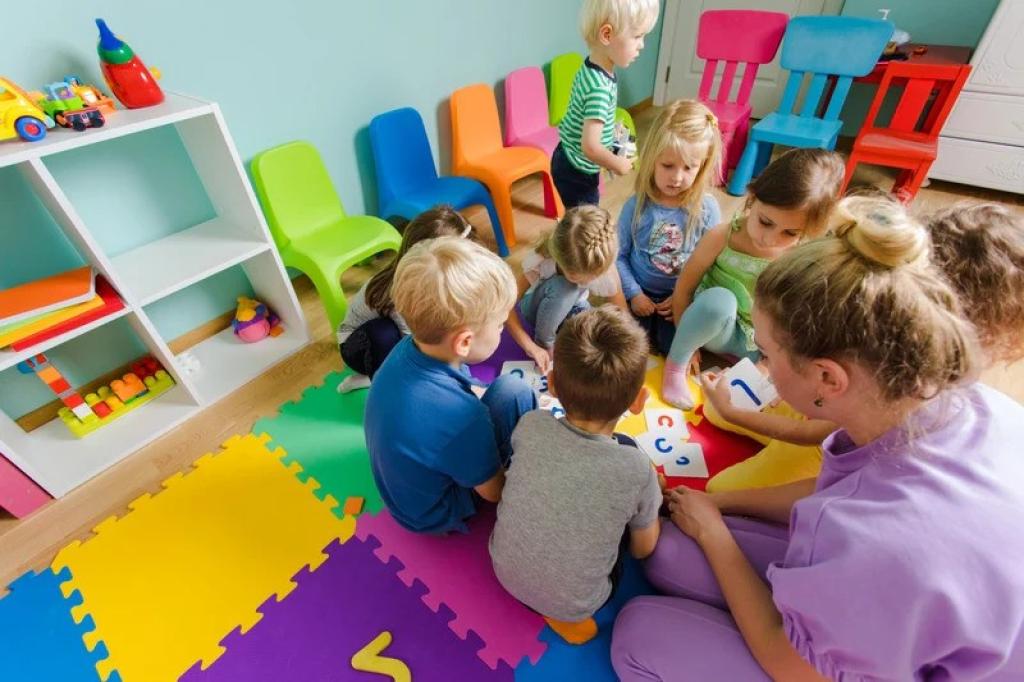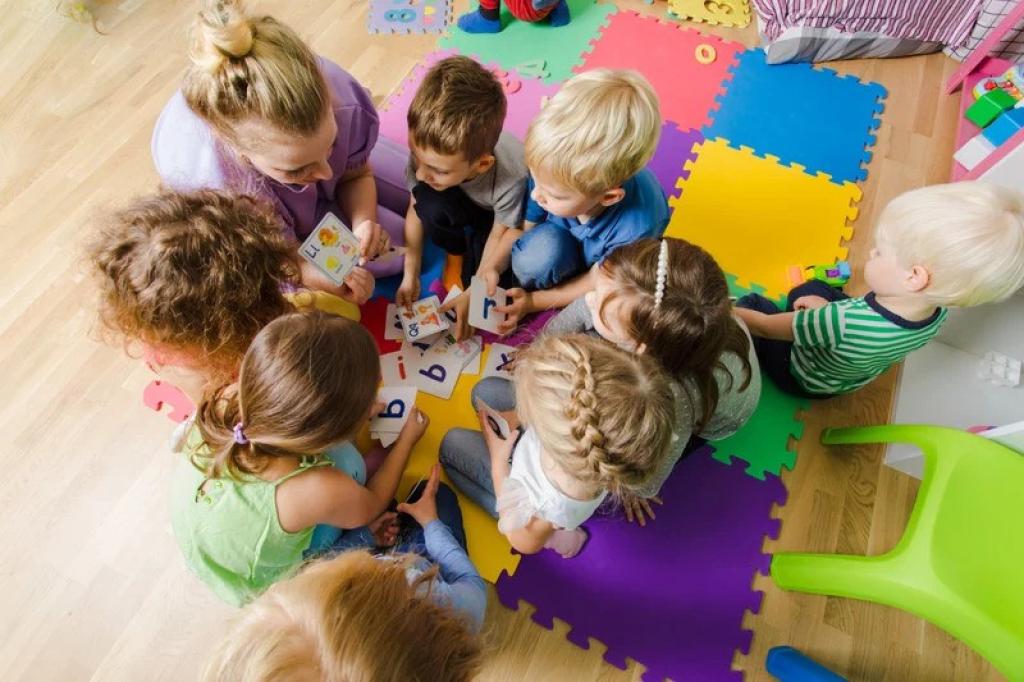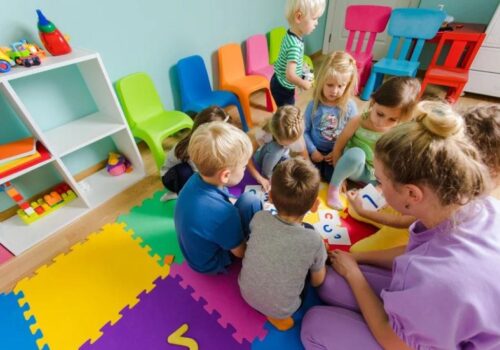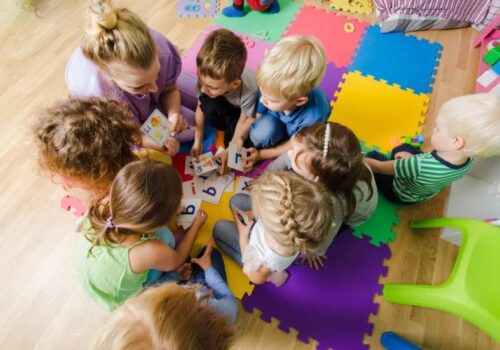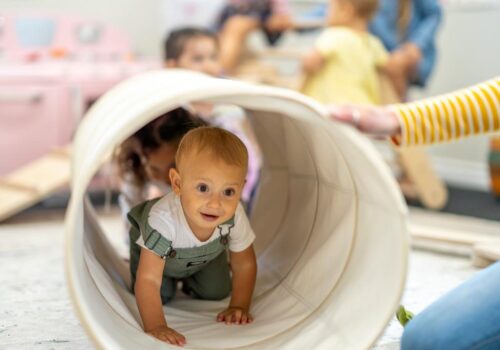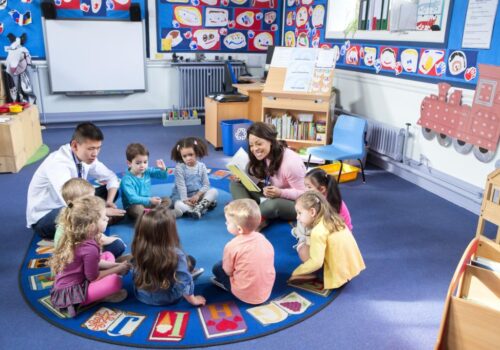Longstanding Preschool in Gainesville FL that puts education and safety first. Our staff is what makes us great and they would love to meet your family!
Creating a Safe and Fun Place for Kids: Our Daycare Process
NW 34th St, Gainesville, FL, US, 32605
Description
Daycare facilities play a crucial role in the lives of working parents by providing a safe and nurturing environment for their children while they are at work. In this article, we will explore the different types of daycare facilities, the benefits they offer to children and parents, as well as the challenges they may face. We will also discuss the importance of regulations and licensing in ensuring the quality of daycare services.
Definition and purpose of daycare
Daycare, also known as childcare or preschool, refers to the care and supervision of young children during the day, typically while their parents are at work. The main purpose of daycare is to provide a safe and stimulating environment for children to learn and grow while their parents are away.
Importance of daycare for working parents
For many working parents, daycare is essential for maintaining a healthy work-life balance. It allows them to focus on their jobs knowing that their children are in good hands. Daycare also enables parents to pursue their careers or other activities without having to worry about their child's well-being.
Types of Daycare Facilities
There are several types of daycare facilities available to parents, each offering different advantages and services:
1. Home-based daycare: A small daycare run out of a provider's home, offering a more intimate and family-like setting for children.
2. Center-based daycare: A larger facility with multiple classrooms and trained staff, providing a structured curriculum and activities for children.
3. Montessori daycare: A daycare that follows the Montessori method of education, focusing on individualized learning and hands-on activities.
4. Corporate daycare: Daycare facilities provided by employers for their employees, offering on-site care for their children.
Benefits of Daycare for Children
Daycare can have a positive impact on children's development in various ways:
- Socialization: Children learn to interact with their peers and develop important social skills.
- Development of cognitive skills: Daycare programs often include educational activities that help children learn and grow.
- Emotional and behavioral development: Children learn to regulate their emotions and behavior through interactions with caregivers and peers.
- Preparation for school: Daycare can help children transition smoothly into a school environment and develop essential skills for academic success.
Benefits of Daycare for Parents
In addition to providing a safe and nurturing environment for children, daycare offers various benefits to parents:
- Peace of mind: Parents can focus on their work knowing that their children are in a safe and caring environment.
- Ability to work or pursue other activities: Daycare allows parents to maintain their careers or pursue other interests without compromising their child's well-being.
- Support network: Daycare providers can offer valuable support and guidance to parents, helping them navigate the challenges of raising children.
- Convenience and flexibility: Daycare facilities often offer convenient hours and flexible options to accommodate parents' busy schedules.
Challenges of Daycare
Despite the many benefits of daycare, parents may face a few challenges when choosing a daycare facility:
- Cost: Quality daycare can be expensive, making it out of reach for some families.
- Finding a quality daycare provider: It can be challenging to find a daycare facility that meets parents' standards for safety, cleanliness, and educational quality.
- Guilt and separation anxiety: Some parents may struggle with feelings of guilt or anxiety about leaving their children in daycare.
- Transitioning between daycare and home: Children may experience difficulty adjusting to the routines and expectations of daycare, leading to challenges at home.
Regulations and Licensing
Regulations and licensing play a critical role in ensuring the quality and safety of daycare facilities:
- Importance of licensing for daycare facilities: Licensing ensures that daycare providers meet certain standards for health, safety, and educational quality.
- Health and safety regulations: Daycare facilities must adhere to strict regulations regarding cleanliness, sanitation, nutrition, and safety protocols.
- Staff qualifications and ratios: Daycare providers must have qualified staff members who meet certain education and training requirements. There are also regulations regarding staff-to-child ratios to ensure adequate supervision and care.
- Monitoring and enforcement: Regulatory agencies monitor daycare facilities regularly to ensure compliance with licensing requirements. Enforcement actions may be taken against facilities that fail to meet standards.
In conclusion, daycare facilities play a crucial role in the lives of working parents by providing a safe and nurturing environment for their children. While daycare offers numerous benefits for children and parents, it also comes with its challenges. By ensuring that daycare providers meet licensing requirements and regulations, parents can feel confident that their children are receiving high-quality care. As the daycare industry continues to evolve, it is essential to focus on providing quality services that support children's growth and development. Future trends and developments in the daycare industry will likely focus on innovation, technology, and meeting the diverse needs of families in today's fast-paced world.
Contact Us
About Us
Similar Projects
- Benefits of daycare
- Center-based daycare
- Challenges of daycare
- Child development
- Childcare centers
- Childcare services
- Choosing a daycare
- Daycare facilities
- Daycare near me
- Early education
- Enrolling in a daycare
- Finding the right daycare
- In-home daycares
- Preschools
- Socialization and interaction with peers
- Working parents
